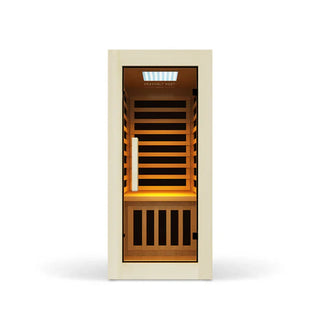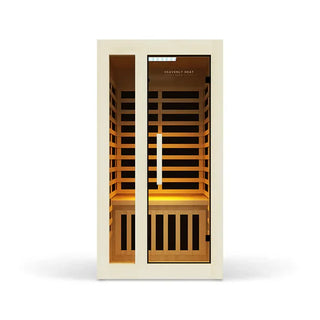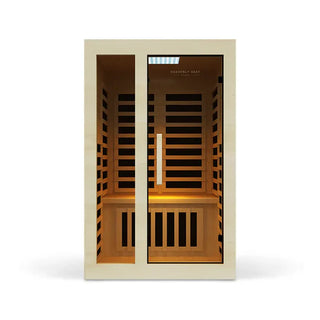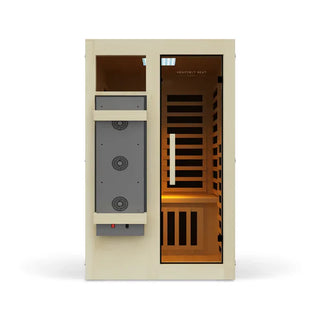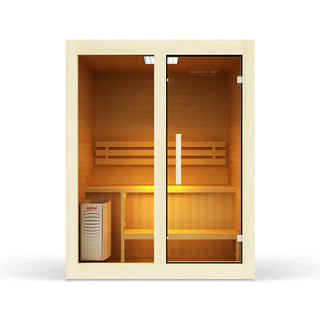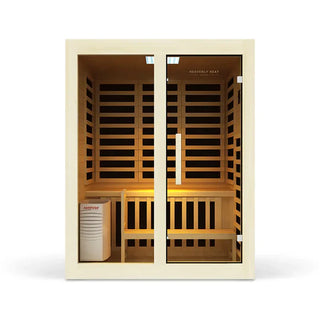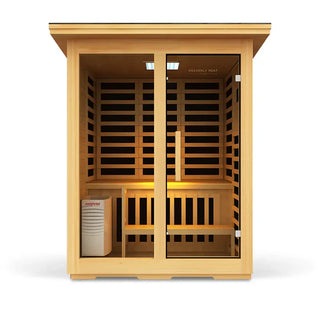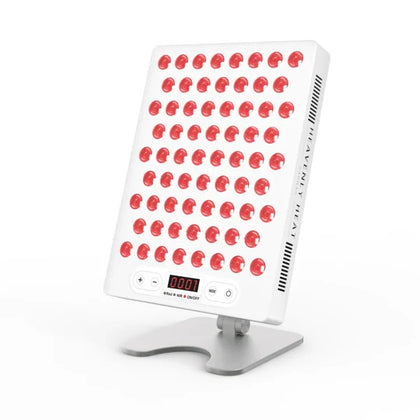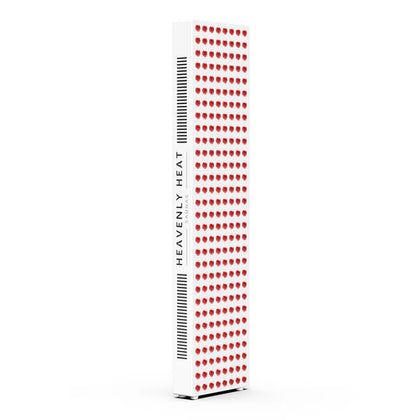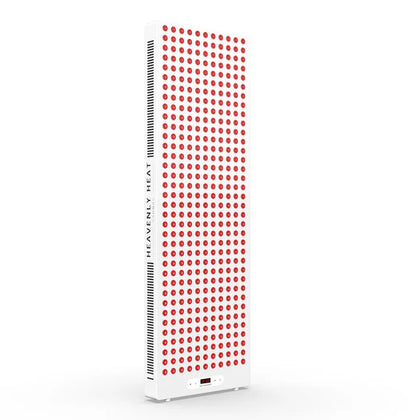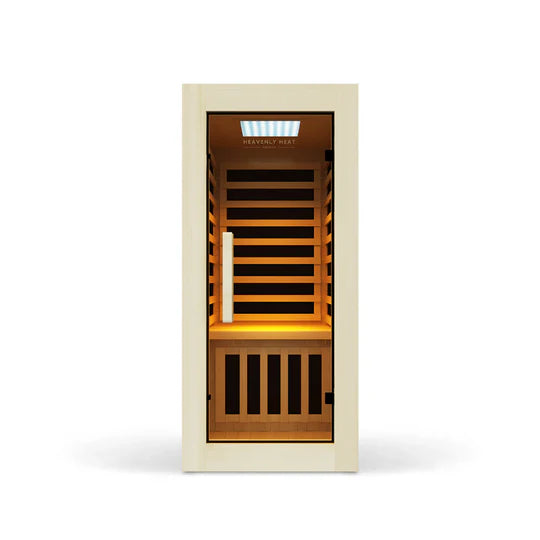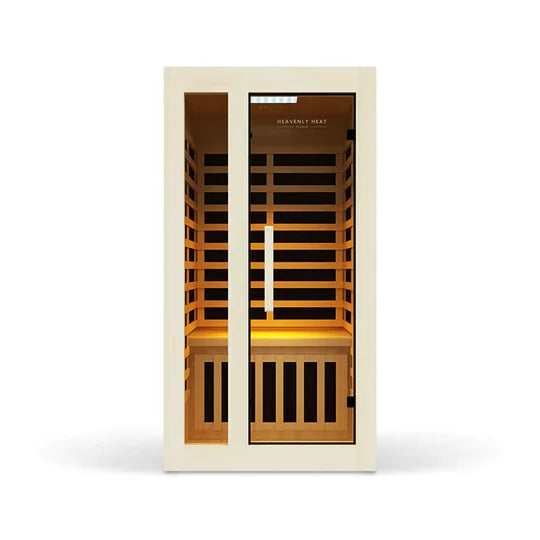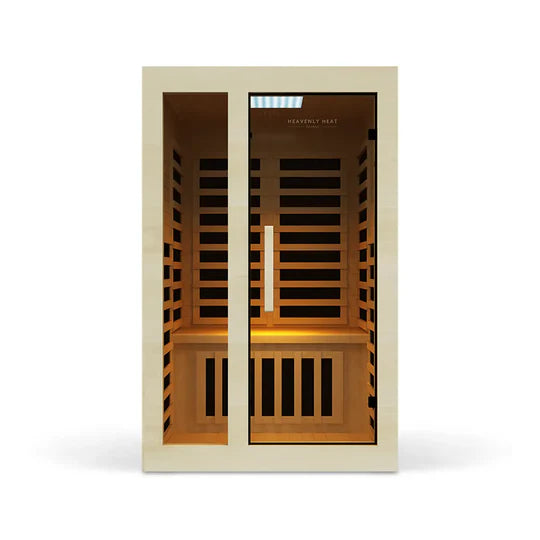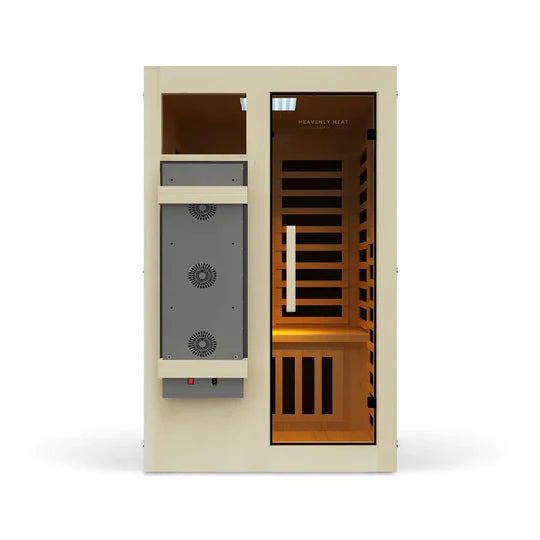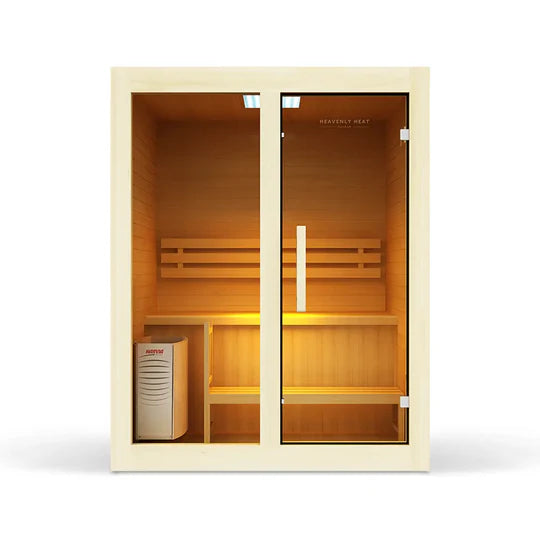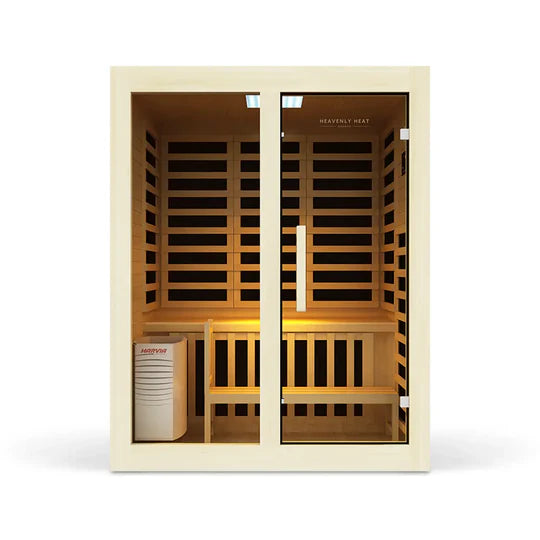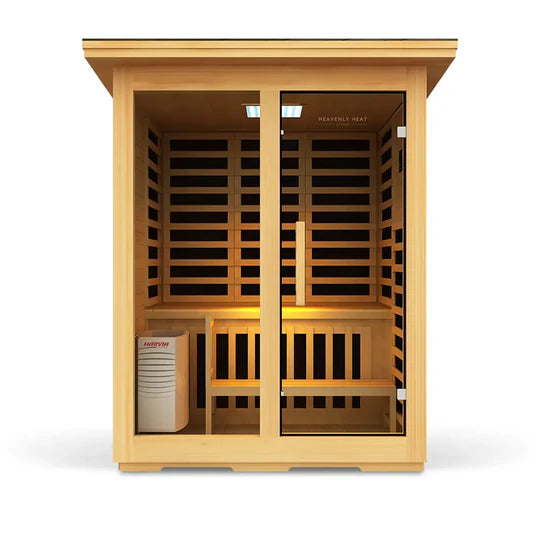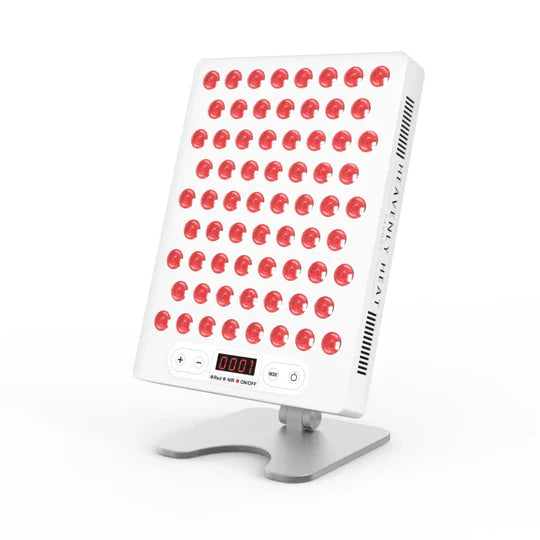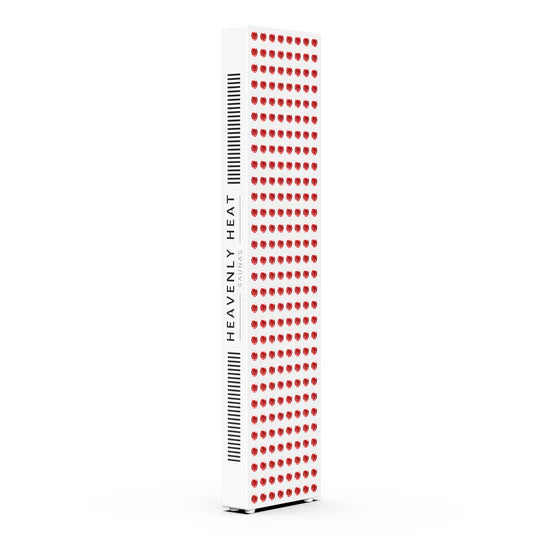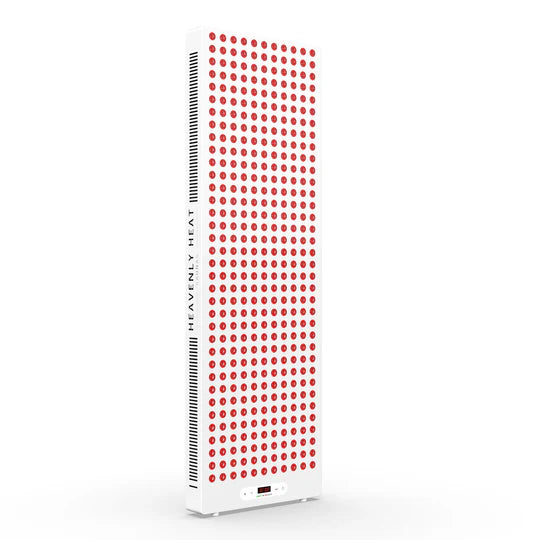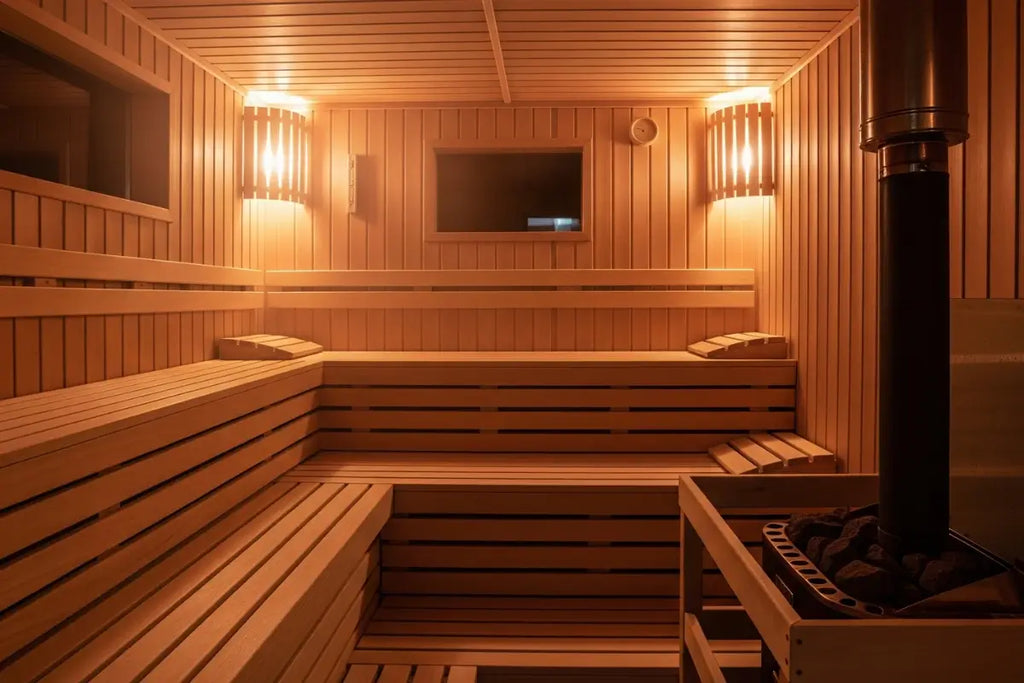Can You Pour Water on an Electric Sauna?
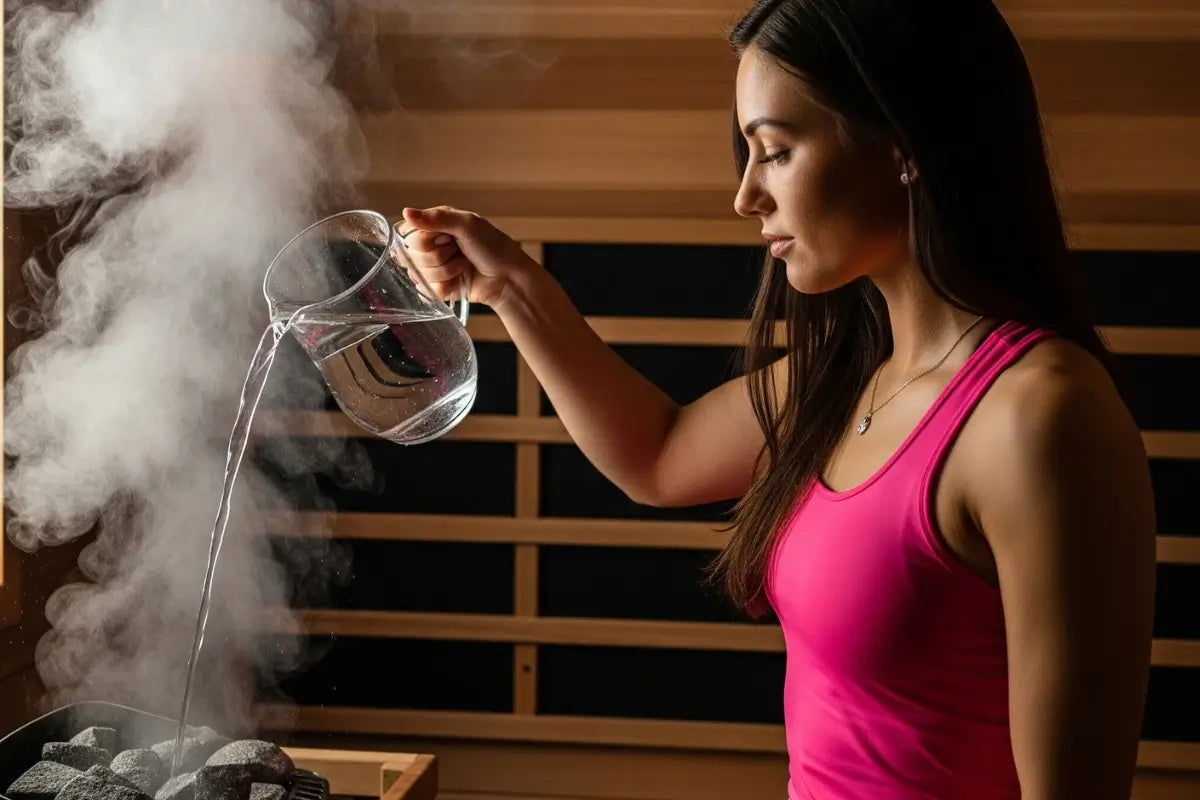
Wondering if you can pour water on an electric sauna? Many people love adding steam in traditional saunas, but electric ones work differently.
Pouring water without knowing the rules can cause damage or even be dangerous. Let’s explore when and how you can safely add water to your electric sauna for the best experience.
Key Takeaways
-
Know Your Sauna Type: Traditional saunas use wood and produce natural steam, while electric saunas heat quickly with metal coils.
-
Pour Water Only If Allowed: Check your electric sauna’s manual before adding water to avoid damage.
-
Use Small Amounts: Pour water slowly and sparingly—about half a cup or a ladle at a time is safe.
-
Avoid Warranty Issues: Misusing water or oils can void your sauna’s warranty and harm the heater.
-
Safety First: Pouring water on non-compatible electric heaters risks electric shock, fire, and damage.
The Difference Between Traditional and Electric Saunas
Heating Method
- Electric Saunas Heat Up Quickly and Easily: Electric saunas warm up fast when you press a button. They use metal coils to heat stones that spread warmth in the room.
- Traditional Saunas Use Wood Fire That Warms Slowly: Traditional saunas rely on burning wood, which takes longer to heat but creates a natural and deep warmth.
- Electric Saunas Give You Precise Control Over Heat: With electric saunas, you can control the temperature easily and get steady heat without much effort.
- Traditional Saunas Create a Natural, Cozy Atmosphere: The wood fire in traditional saunas adds a pleasant smell and builds warmth slowly, making the experience feel more natural and relaxing.

Humidity
- Traditional saunas create humidity naturally by pouring water on stones: You add water to hot stones, and steam fills the room, raising humidity naturally. Essential oils mixed with water make the steam refreshing and safe.
- Adding oils changes the steam’s feeling and benefits: Eucalyptus clears sinuses, lavender helps you relax and sleep, and pine or cedarwood brings a fresh, forest-like smell into the humid air.
- Dry saunas have low humidity; wet saunas have high humidity: Dry saunas use hot air with little moisture for strong sweating, while wet saunas use steam to keep the air moist, which helps your skin and breathing.
- Checking humidity and temperature keeps you comfortable and safe: Using tools to measure heat and humidity helps you stay safe and enjoy the right amount of moisture while in the sauna.
- Electric saunas usually have less humidity unless designed for steam: Some electric saunas don’t handle water and stay dry, while others with sauna rocks let you add steam, but their humidity is often lighter than traditional saunas.

Heat-Up Time
Electric saunas heat up much faster than traditional ones, often reaching optimal temperature in 20–30 minutes.
In contrast, wood-burning saunas can take 45 minutes or more to fully warm up, depending on the fire and airflow.
While faster heat-up time is convenient, some sauna-goers enjoy the ritual of preparing a traditional sauna.
Temperature Range
- Traditional Saunas Run Hotter: Traditional saunas often reach higher temperatures, typically between 160–200°F. The heat level depends on factors like the strength of the fire or heat source, making them feel especially intense.
- Electric Saunas Stay Controlled: Electric saunas usually operate between 150–190°F. They include built-in safety features to prevent overheating, offering a more regulated and consistent heat experience.
- Finnish Standards Guide Optimal Heat: Experts recommend keeping traditional Finnish saunas within 150–195°F for maximum health benefits. This range is considered ideal for safe and effective sauna sessions.
Installation & Maintenance
- Installing a traditional sauna takes more effort and setup: To install a traditional sauna, you’ll need fireproof materials, a chimney for smoke, proper ventilation, and a steady supply of firewood. This setup takes time, space, and careful planning.
- Electric saunas are quicker and simpler to install at home: Compared to traditional ones, electric saunas are easier to set up. They just need a dedicated power source and a small indoor space, making them convenient and less messy to install.
- Taking care of a traditional sauna means cleaning ash and rocks: Maintenance for traditional saunas involves cleaning out ash and soot regularly. You’ll also need to wash the sauna rocks with mild detergent every six months to keep them working properly.
- Keeping an electric sauna running well needs light cleaning and checks: Electric saunas are low-maintenance. Just dust them occasionally, check the power connections, and vacuum the heating elements with a brush every three months to keep everything in good shape.
- A yearly safety check keeps electric saunas safe to use: It’s important to have a professional inspect your electric sauna once a year. This helps catch any issues early and keeps the sauna safe and running smoothly.
Experience & Atmosphere
Traditional saunas offer a cozy, earthy feel, the crackle of firewood, the soft scent of pine, and thick steam wrapping around you.
Electric saunas are quieter and cleaner, with dry heat and a more controlled environment. While electric saunas provide relaxation, some users find the traditional experience more immersive due to sound, smell, and humidity.

Can You Pour Water on an Electric Sauna?
- You can pour water only if the sauna allows it: Not all electric saunas can handle water. Check your sauna’s manual before pouring water on it.
- Pour water slowly on the rocks, not on the heater: Water should be poured gently on the sauna rocks, never directly on the heating element to avoid damage.
- Use small amounts of water at a time: Pour just half a cup or one ladle of water slowly onto the rocks to keep the heater safe.
- Wooden ladles help pour water carefully: A wooden ladle is best to pour water gently and avoid splashing or spilling.
- Use clean water to protect your sauna: Always use distilled or filtered water, never chlorinated tap water, to keep the heater and stones clean.
Can Pouring Water Cause Electric Shock?
Pouring water on an electric sauna heater that isn’t designed for it can be risky. Water may enter internal components, causing electric shock or damage.
To stay safe, verify your sauna’s specifications and never pour water on heaters not made for steam.
What If You Pour Water on a Non-Compatible Electric Sauna?
If water is poured on an electric sauna heater not designed for it, risks include electric shock, fire, and permanent damage.
Such misuse can cause short circuits or sparks. If this happens, unplug the sauna immediately and have it inspected by a professional before use.
Can Pouring Water Void Your Sauna Warranty?
Improper use of water, such as using too much or pouring directly on heating elements, can cause damage and may void your warranty.
Many manufacturers exclude warranty claims caused by misuse involving water or oils. Follow your sauna’s guidelines carefully.
FAQs
Does the Type of Sauna Stones Affect Whether You Can Pour Water on an Electric Sauna Heater?
Using the right sauna stones matters. Dense volcanic rocks handle heat and water well without cracking. Softer stones or some granites may crack or explode when water hits them, causing damage.
How Much Water Is Safe to Pour on an Electric Sauna Heater at One Time?
Use small amounts, about 50 to 100 milliliters (a ladle or two). Larger amounts can overload the heater or cause sudden temperature changes.
Can Pouring Aromatherapy Oils Mixed with Water on an Electric Heater Cause Damage?
Yes. Oils can leave sticky residues on heating elements and reduce efficiency. Manufacturers often warn that this may void warranties. Use separate containers for aromatherapy oils instead.
Are There Safety Features in Electric Sauna Heaters to Handle Water Pouring?
Many electric heaters include temperature sensors, automatic shut-offs, and insulation to protect against water exposure. Always follow manufacturer instructions.


